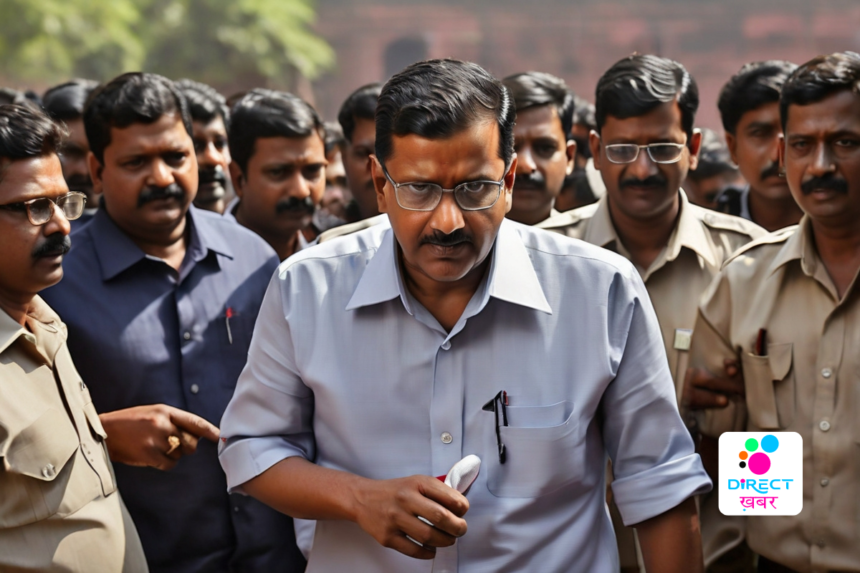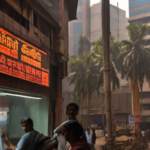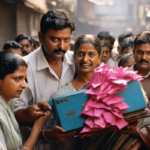Arvind Kejriwal’s Jail Experience: Personal Items Allowed, and Routine.
The recent judicial custody of Arvind Kejriwal, the Chief Minister of Delhi, has sparked significant interest and speculation regarding his experiences within the confines of Tihar Jail. Beyond the legal and political ramifications, the details of his time in custody shed light on the intricacies of India’s penal system and raise questions about the treatment of high-profile inmates. This article delves into the specifics of Kejriwal’s jail experience, including the personal items allowed, his daily routine, and the broader implications of his incarceration.
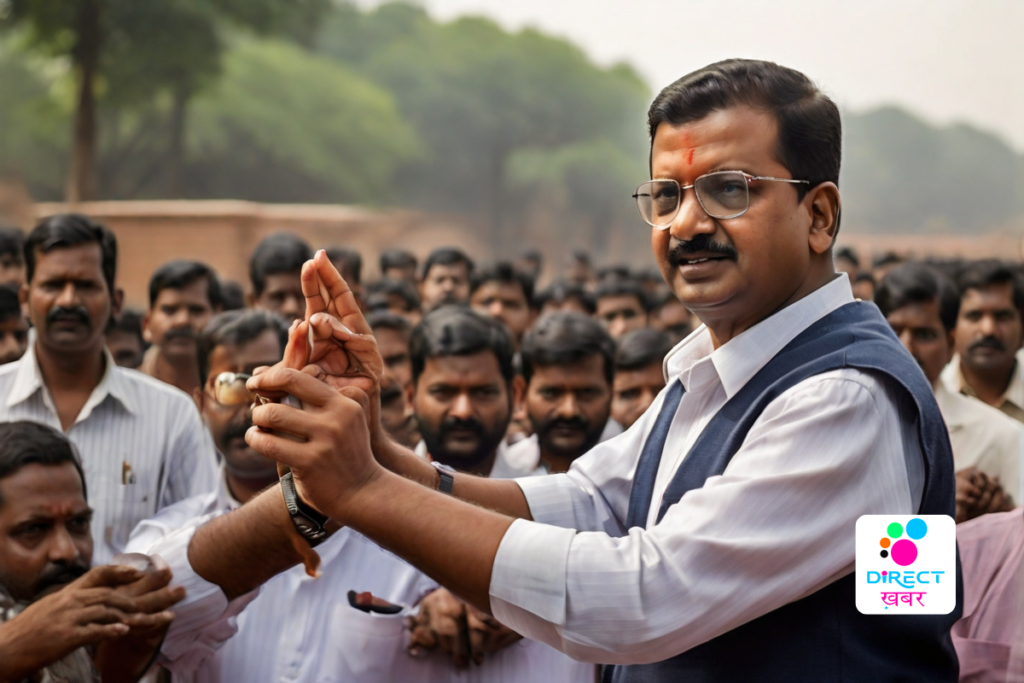
Personal Items Allowed:
One of the notable aspects of Kejriwal’s time in jail is the list of personal items permitted for his use. Despite being confined to a cell, Kejriwal was allowed to carry a select items few belongings to make his stay more comfortable. Among these items were books, medication, and even a religious locket. The allowance of books, including religious texts like the Bhagavad Gita and Ramayan, suggests a recognition of the importance of spiritual solace during incarceration. Additionally, Kejriwal’s request to bring along the book ‘How Prime Ministers Decide’ hints at his ongoing engagement with political discourse even in confinement.
The permission to carry medication, particularly for Kejriwal’s diabetes, underscores the importance of healthcare access for inmates with pre-existing medical conditions. Furthermore, the provision of toffees to stabilize his sugar levels showcases a nuanced understanding of the dietary needs of individual prisoners. These allowances highlight efforts to maintain Kejriwal’s physical well-being during his time in custody.
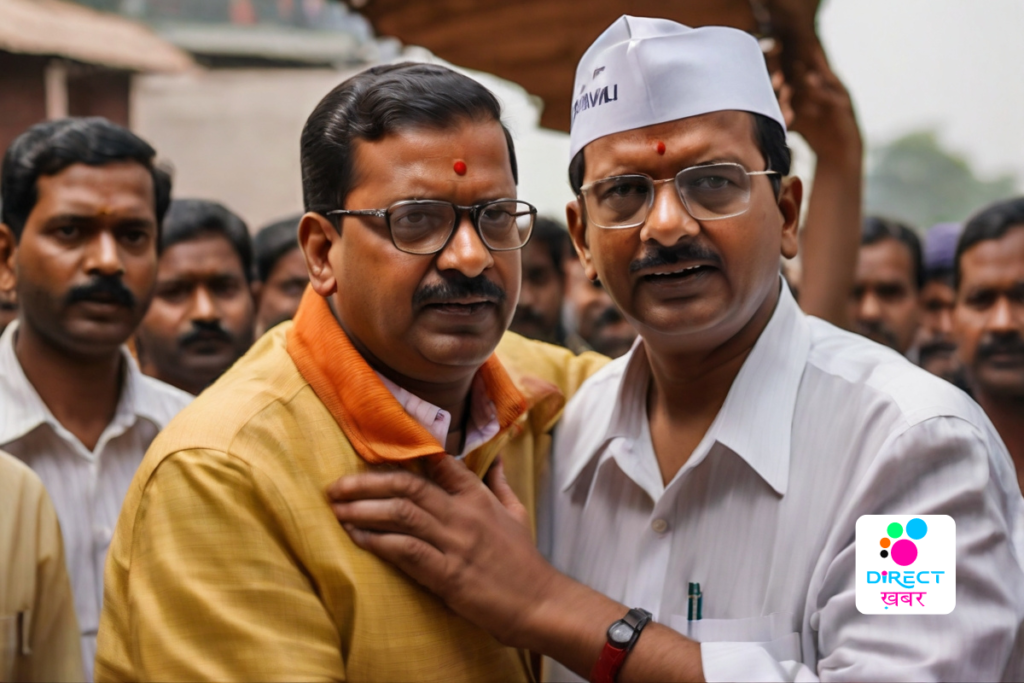
Daily Routine and Special Provisions:
Kejriwal’s jail routine provides insight into the structure and practices within Tihar Jail. Despite his status as a high-profile inmate, he is subject to the same daily schedule as other prisoners. From morning tea to evening meals, his daily routine adheres to established jail protocols. However, certain provisions, such as home-cooked food and access to a television set, distinguish his experience from that of ordinary inmates.
The availability of home-cooked meals for Kejriwal, while adhering to standard meal timings, speaks to his privileged status as a high-profile prisoner. Unlike other inmates who rely on institutional catering, Kejriwal benefits from the familiarity and comfort of food prepared by his family. This provision raises questions about equity and fairness within the prison system, as access to such amenities is often contingent on one’s social or political standing.
Furthermore, the presence of a CCTV camera in Kejriwal’s cell and the 24-hour surveillance underscore the stringent security measures in place for high-profile inmates. While such surveillance is intended to ensure safety and prevent security breaches, it also raises concerns about privacy and autonomy within the prison environment. The provision of a television set, albeit a common amenity in Tihar Jail, offers a semblance of entertainment and distraction amidst the constraints of confinement.
Reflections on Kejriwal’s Incarceration:
Kejriwal’s incarceration prompts broader reflections on the intersection of politics, justice, and democracy in India. As the first sitting chief minister to be sent to Tihar Jail, his case has garnered significant attention from the media and the public. Beyond the legal intricacies of his arrest, his time in custody raises questions about the accountability of elected officials and the impartiality of the judiciary.
Moreover, Kejriwal’s experience sheds light on the challenges faced by political dissenters and activists in India. His vocal criticism of the establishment and advocacy for transparency and accountability have made him a polarizing figure in Indian politics. His imprisonment, whether perceived as a political vendetta or a legitimate legal action, underscores the risks associated with challenging entrenched power structures.
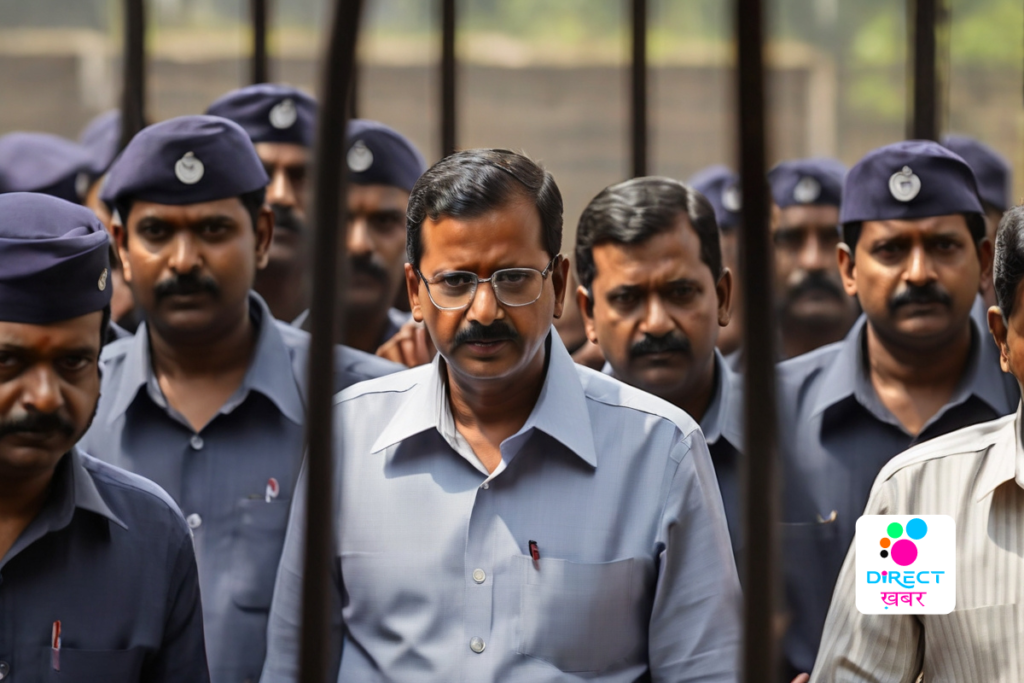
Arvind Kejriwal’s jail experience offers valuable insights into the complexities of India’s penal system and the treatment of high-profile inmates. From the personal items allowed to his daily routine and the broader implications of his incarceration, his case raises pertinent questions about justice, equity, and democracy in contemporary India. As his time in custody unfolds, it remains to be seen how his experience will shape public discourse and perceptions of governance in the country.
